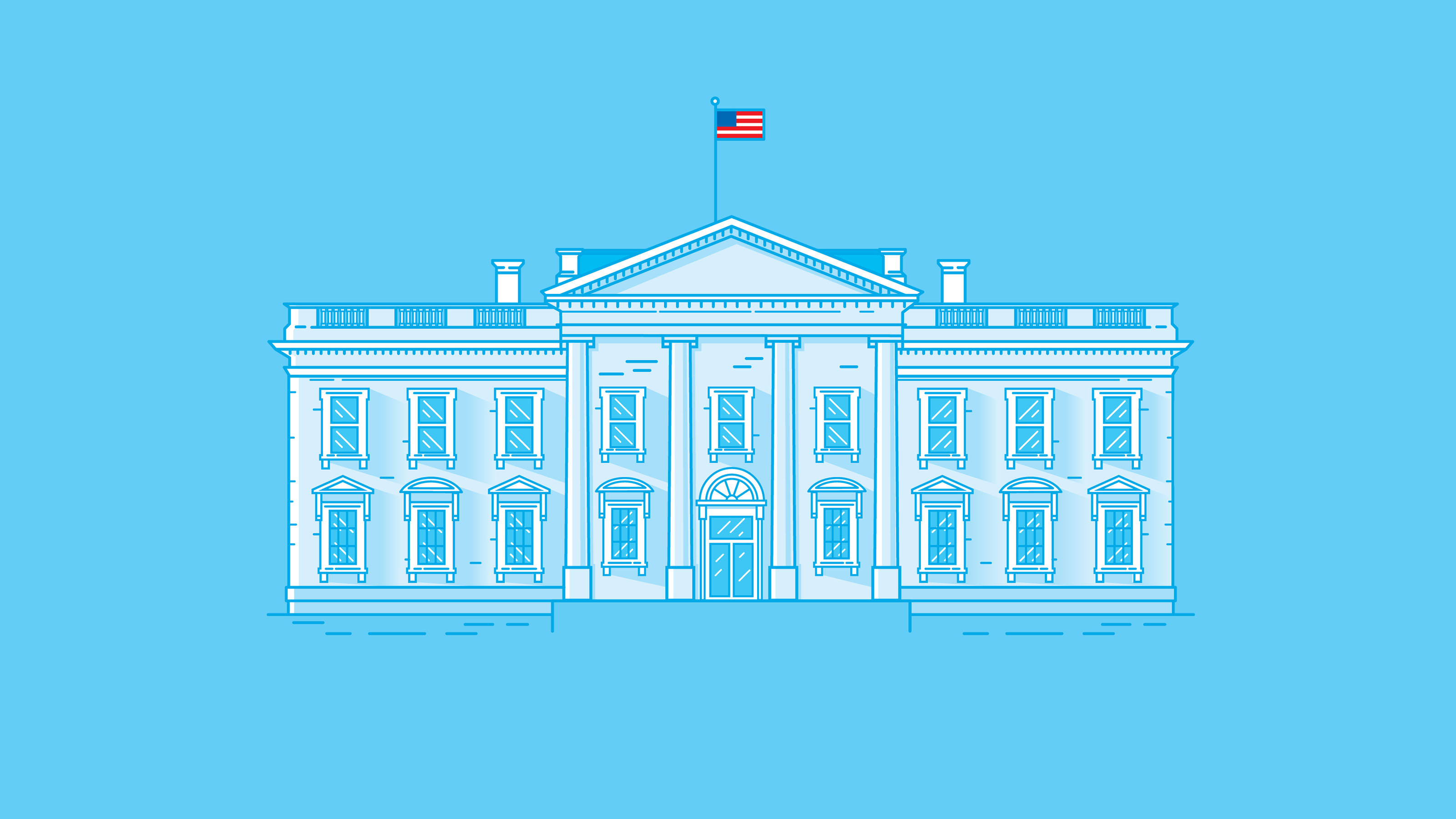Don't Fear Emerging Markets
Despite the beating they've taken, developing countries still hold promise.

Profit and prosper with the best of Kiplinger's advice on investing, taxes, retirement, personal finance and much more. Delivered daily. Enter your email in the box and click Sign Me Up.
You are now subscribed
Your newsletter sign-up was successful
Want to add more newsletters?
Think your investments have taken a beating this year?
Take a look at T. Rowe Price Emerging Markets Stock (symbol PRMSX). Year-to-date through November 7, the fund plunged 58%. What's worse is the damage that the sharp selloff (including a 46% loss in the past three months) has done to the numbers for its long-term performance. Through the end of 2007, the fund had returned an annualized 41% over the previous five years. Now, the five-year annualized return is a mere 8%. Ouch.
What caused the collapse? Primarily, the same factors that triggered the declines in other markets: the financial crisis, fears of a deep global economic slowdown and plunging commodity prices.
From just $107.88 $24.99 for Kiplinger Personal Finance
Become a smarter, better informed investor. Subscribe from just $107.88 $24.99, plus get up to 4 Special Issues

Sign up for Kiplinger’s Free Newsletters
Profit and prosper with the best of expert advice on investing, taxes, retirement, personal finance and more - straight to your e-mail.
Profit and prosper with the best of expert advice - straight to your e-mail.
Emerging markets can be divided into two types: those that produce commodities, such as Russia, Brazil and the Arab world, and those that export manufactured goods and services, such as China, India and most of the rest of Asia. Both groups have suffered mightily in the downturn.
Earlier in the bear market, many investment pros thought emerging markets would escape much of the decline the developed world was experiencing. Many developing markets had strong trade and budget surpluses -- and rising consumer classes that could theoretically insulate them from decreasing demand elsewhere.
Todd Henry, an investor-relations specialist for the fund, says he thought that emerging-markets stocks would partially "decouple" from stock markets in the developed world. But decoupling didn't happen -- at all. Indeed, the panic selling has hit emerging markets much harder than developed markets.
In the end, the old patterns held true: When U.S. stocks declined, emerging markets fell much further because they are ultimately much riskier. As investors and traders around the globe unloaded risky investments and fled to the safety of U.S. Treasury debt, they pummeled emerging markets -- their stocks, bonds currencies and economies. "With the severity of the slowdown and the financial crisis, there's no decoupling going on," Henry concedes.
What happens now? I don't think there's much question that the financial fallout will continue to claim more victims. The bear market has hit Eastern Europe particularly hard because its nations lacked the trade and fiscal surpluses of many other countries. "There are going to be plenty of countries where the news gets worse," Henry says.
Henry says the emerging world is beginning to divide into two parts. "There's a polarization of the strong versus the weak." In the strong category, he puts Brazil, China and most of the Middle East. In the weak, he puts Argentina, as well as most of Eastern Europe.
Is it time to tiptoe back into emerging markets? Henry thinks so. "It's going to be very difficult for the next three to six months, but for people with a three-year time horizon, we're very optimistic."
Since tracking of emerging markets began 20 years ago, they have gone through multiyear periods when they have beaten developed markets -- followed by multiyear periods when they have lagged. Emerging markets outpaced developed markets from 2002 through last summer. But emerging markets trailed developed markets during most of the 2000-02 bear market. The most dismal period for emerging markets was from 1995 to 1999.
Given increasingly strong economies of emerging markets, those cycles will likely be less pronounced in the future. What's more, the price-earnings ratio for the MSCI Emerging Markets Index, nine as of October 31, is lower than it has been at prior emerging-markets bottoms.
Eventually, the financial crisis will be behind us, the recession will end, and investors will again focus on the attributes of emerging markets. They supply essential commodities and low-cost manufacturing and services to the developed world. As for demographics, emerging markets have a lot of young people, a relative scarcity in the developed world.
Henry says the selloff has hit many strong companies as hard as weak companies. That's giving the Price fund many opportunities to upgrade its holdings. "First-class companies that used to sell at 20 times earnings are now selling at 12 times earnings," Henry says. Stocks haven't been this attractive since the "Asian contagion" crisis of 1997-98 threw emerging markets for a loop.
Price Emerging Markets Stock has a solid long-term record -- one reason it remains my favorite fund for investing in developing markets. Over the past five years, it has outpaced the MSCI Emerging Markets Index by an average of three percentage points per year. In 2008, it is trailing the benchmark by two percentage points.
The fund currently has 42% of its assets in Asia, 27% in Latin America, 16% in Eastern Europe and 15% in the Middle East and Africa. In terms of country allocations, it has 17% in Brazil, 14% in Russia and 13% in China.
Henry says the fund is lagging this year mainly because of large investments in Russia and the Arab world. I've long been skeptical of investing in Russia -- the country's rulers aren't capitalists. And I've been concerned about the Arab world, too, because of its backward economies and governments.
But Price has a large team -- 21 analysts -- dedicated to emerging markets, and that's a big plus. So is the firm's philosophy of buying growing companies at reasonable share prices.
The company is shaking up the fund a bit. Chris Alderson, the fund's senior manager since 1995, will become president of T. Rowe Price International in March. In that position, he will run the firm's overseas business, rather than pick stocks. Two of the fund's three current co-managers, Gonzalo Pangaro and Mark Edwards, will run it. Given the fund's deep talent pool, I don't believe the change will make much of a difference.
Steven T. Goldberg (bio) is an investment adviser and freelance writer.
Profit and prosper with the best of Kiplinger's advice on investing, taxes, retirement, personal finance and much more. Delivered daily. Enter your email in the box and click Sign Me Up.

-
 Americans, Even With Higher Incomes, Are Feeling the Squeeze
Americans, Even With Higher Incomes, Are Feeling the SqueezeA 50-year mortgage probably isn’t the answer, but there are other ways to alleviate the continuing sting of high prices
-
 Hiding the Truth From Your Financial Adviser Can Cost You
Hiding the Truth From Your Financial Adviser Can Cost YouHiding assets or debt from a financial adviser damages the relationship as well as your finances. If you're not being fully transparent, it's time to ask why.
-
 How to Manage a Disagreement With Your Financial Adviser
How to Manage a Disagreement With Your Financial AdviserKnowing how to deal with a disagreement can improve both your finances and your relationship with your planner.
-
 White House Probes Tracking Tech That Monitors Workers’ Productivity: Kiplinger Economic Forecasts
White House Probes Tracking Tech That Monitors Workers’ Productivity: Kiplinger Economic ForecastsEconomic Forecasts White House probes tracking tech that monitors workers’ productivity: Kiplinger Economic Forecasts
-
 Investing in Emerging Markets Still Holds Promise
Investing in Emerging Markets Still Holds PromiseEmerging markets have been hit hard in recent years, but investors should consider their long runway for potential growth.
-
 Stocks: Winners and Losers from the Strong Dollar
Stocks: Winners and Losers from the Strong DollarForeign Stocks & Emerging Markets The greenback’s rise may hurt companies with a global footprint, but benefit those that depend on imports.
-
 5 Exciting Emerging Markets Funds to Buy
5 Exciting Emerging Markets Funds to BuyForeign Stocks & Emerging Markets Emerging markets funds haven't been immune to global inflationary pressures. But now might be the time to strike on these high-risk, high-reward products.
-
 African Stocks: Investing in the Last Great Emerging Market
African Stocks: Investing in the Last Great Emerging MarketForeign Stocks & Emerging Markets A massive middle class and rapid technology-enabled development could turn African stocks into growth darlings over the next two decades.
-
 ESG Gives Russia the Cold Shoulder, Too
ESG Gives Russia the Cold Shoulder, TooESG MSCI jumped on the Russia dogpile this week, reducing the country's ESG government rating to the lowest possible level.
-
 India Is on a Tear
India Is on a TearForeign Stocks & Emerging Markets Massive modernization presents opportunities for investors.
-
 Wasatch Emerging Markets Small Cap Goes Its Own Way
Wasatch Emerging Markets Small Cap Goes Its Own WayForeign Stocks & Emerging Markets This emerging-markets stock fund isn't afraid to stray from the pack.